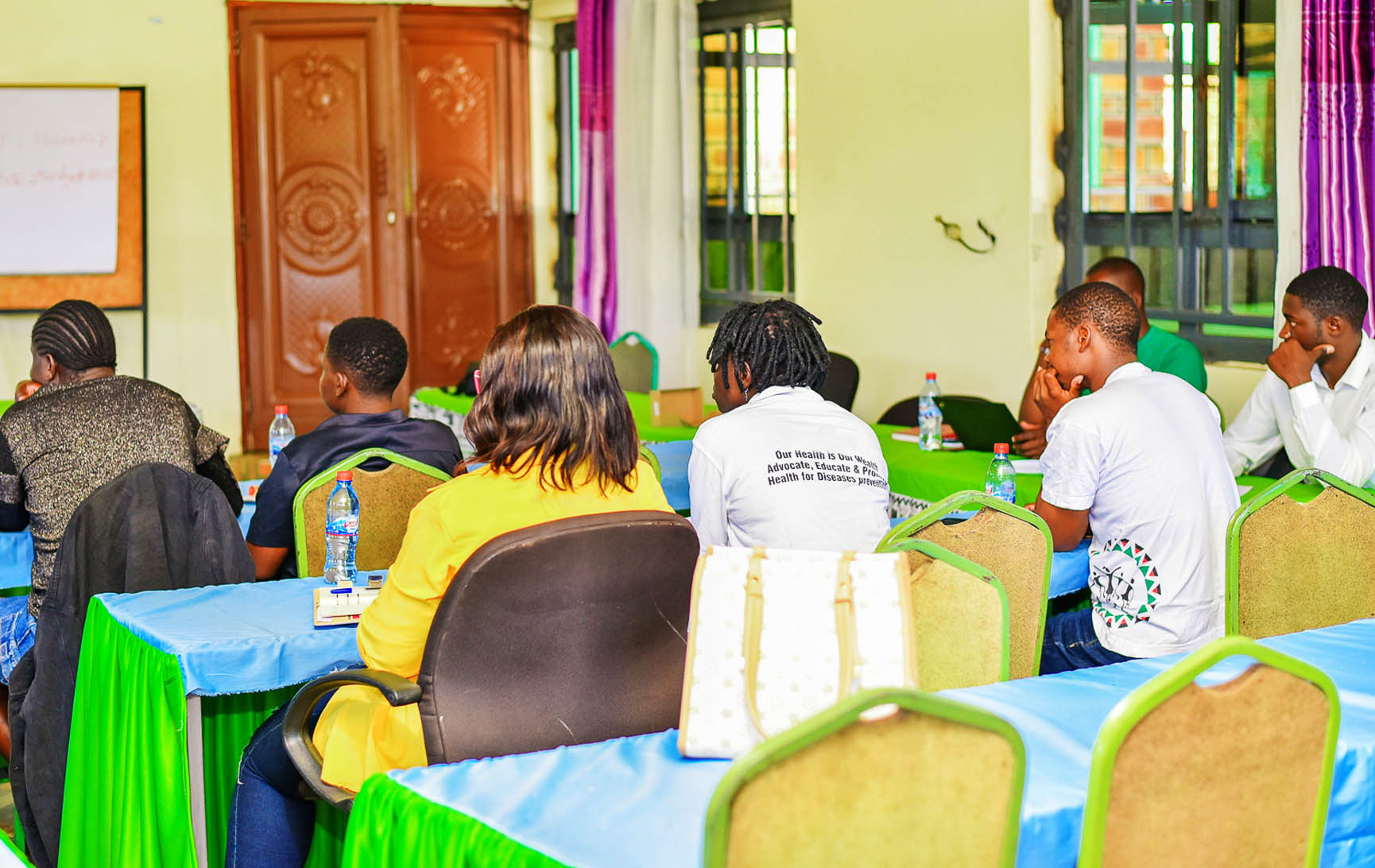A case for rights-based family planning
A report published last month by Family Planning 2020 revealed that Kenya is still on track to meet its family planning goal for modern contraceptive prevalence.
As a result of contraceptive use in Kenya, says the report, more than 2 million unintended pregnancies were prevented, and 503,000 unsafe abortions and 5,700 maternal deaths averted in the last year alone.
This is great news in a time when the Covid-19 is threatening to divert all national healthcare resources. However, many communities in marginalized parts of Kenya are still resistant to various contraception options as valid and reasonable approaches to family planning. This is often due to various cultural and religious reasons.
Family planning is a human right, and is indispensable to the realisation of all sexual and reproductive rights. Family planning also contributes to sustainable development and gender equality. It facilitates choice, providing contraceptive options to the 225 million women with unmet need, giving them more life choices and the ability to plan if and when to have children.
Currently, an estimated two out of every five pregnancies are unintended. Meeting the unmet need for contraception would result in 21 million fewer unplanned births.
In sub-Saharan Africa, the risk of dying during pregnancy is 1 in 38, compared with 1 in 3,700 in developed countries. Satisfying the unmet need for contraception could prevent more than 100,000 maternal deaths annually.
More than 7 million women in the world experience serious health consequences during pregnancy each year. Much of this is attributable to lack of rights-based healthcare and skilled healthcare professionals.
Rights-based family planning also reduces recourse to unsafe abortion by preventing unintended pregnancies. The debate about abortion in Kenya would be rendered irrelevant if men and women had the necessary education and access to family planning options.
Finally, family planning improves sexual health and eases the burden on our healthcare system. Some family planning methods help to prevent the transmission of HIV and other sexually transmitted infections.



